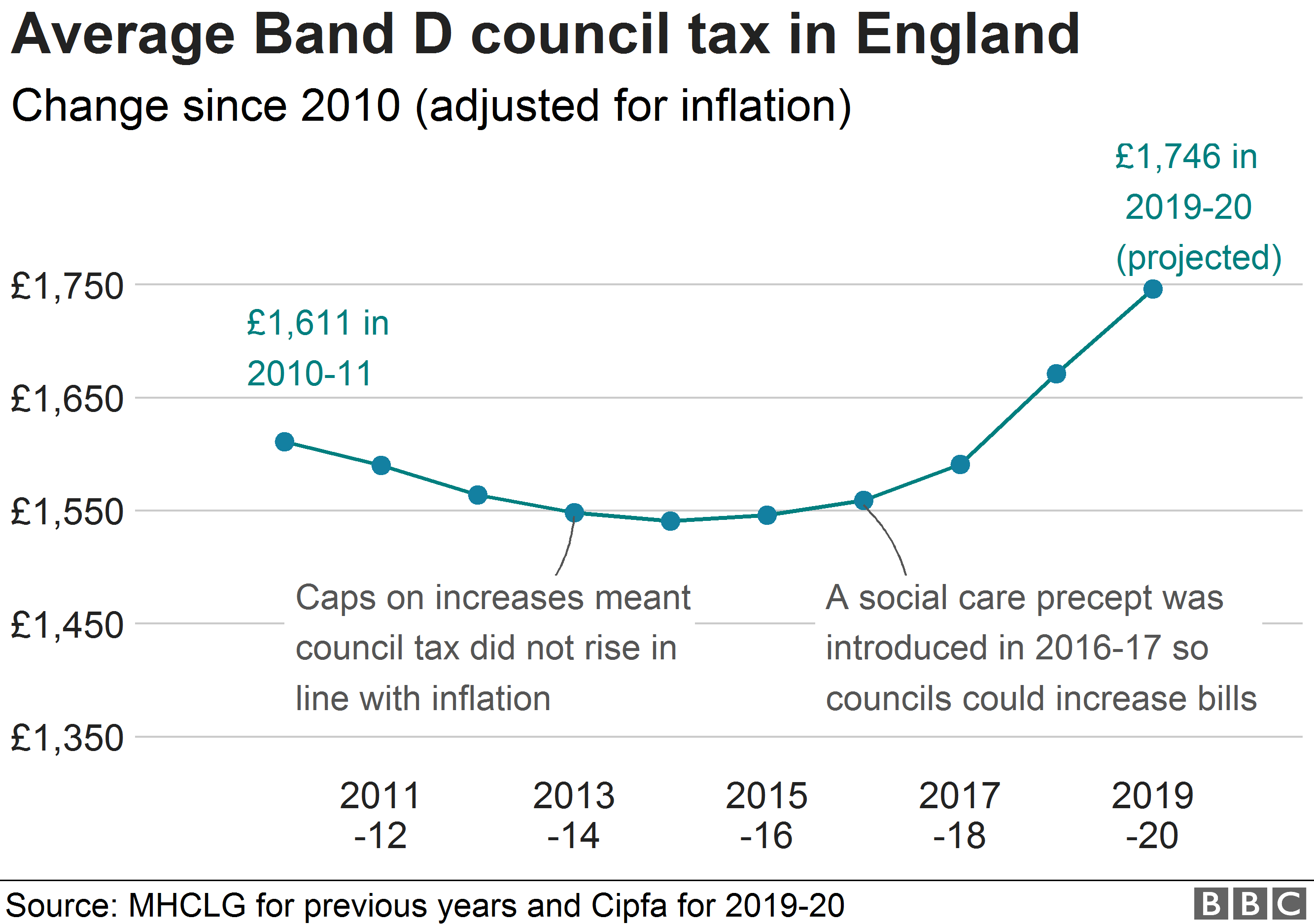

- Most common bills to pay how to#
- Most common bills to pay registration#
Google Is the Latest Company to Offer Student Loan Repayment Benefits November 3, 2020.
Most common bills to pay how to#
How to Get a Refund on Your Student Loan Payments During COVID-19 May 3, 2021.Details on Biden’s Student Loan Forgiveness Plan August 24, 2022.Why Credit Card APR’s Are Rising, Despite Fed’s Third Rate Cut of 2019 November 4, 2019.Stimulus Checks for COVID-19 Relief July 1, 2020.FHA Steps in to Help Nursing Homes by Backing Mortgages February 1, 2013.JPMorgan Accepts $13 Billion Fine For Lending Practices November 20, 2013.
 Why Millennials Aren’t Buying Homes December 14, 2016. How the Fed Raising Interest Rates Affects You July 29, 2022. 3 Reasons To File For Bankruptcy June 22, 2015. In Era of Trump, Has Bankruptcy Stigma Lost Its Sting? August 8, 2019. Court Ruling Favors Student Loan Bankruptcy Discharge October 2, 2020. Nonbanks Fill Demand from Borrowers with Poor Credit April 25, 2018. New Law Allows Credit Freeze October 22, 2018. How the New FICO Credit Scoring System Will Affect You January 29, 2020. Should I Apply for a New Credit Card During COVID? September 24, 2020. Or you might be able to save more if you get a pay rise or you pay off some debt. Your budget needs to work for you and your lifestyle so it's important to adjust your budget as things change.įor example, if your expenses start to increase you may need to reduce your spending, or change your savings goal. Even a small amount set aside regularly will make a difference. Having some savings can create a safety net for unexpected expenses. Once you know how much money you have for 'wants', you can work out how much of it you'd like to save. If you have a savings goal you can use your budget to work towards it. This will help you to see where it goes and keep within your spending limit. Make a plan for what you want to do with your spending money. Your spending money is for 'wants', such as entertainment, eating out and hobbies. The money you have left after expenses is your spending and saving money. If you tracked your spending, use your list of transactions. Include what the expense is for, how much and when you pay it. To make sure you've recorded all your expenses, look at your bills or bank statements. family costs, like baby products, child care, school fees and sporting activities.
Why Millennials Aren’t Buying Homes December 14, 2016. How the Fed Raising Interest Rates Affects You July 29, 2022. 3 Reasons To File For Bankruptcy June 22, 2015. In Era of Trump, Has Bankruptcy Stigma Lost Its Sting? August 8, 2019. Court Ruling Favors Student Loan Bankruptcy Discharge October 2, 2020. Nonbanks Fill Demand from Borrowers with Poor Credit April 25, 2018. New Law Allows Credit Freeze October 22, 2018. How the New FICO Credit Scoring System Will Affect You January 29, 2020. Should I Apply for a New Credit Card During COVID? September 24, 2020. Or you might be able to save more if you get a pay rise or you pay off some debt. Your budget needs to work for you and your lifestyle so it's important to adjust your budget as things change.įor example, if your expenses start to increase you may need to reduce your spending, or change your savings goal. Even a small amount set aside regularly will make a difference. Having some savings can create a safety net for unexpected expenses. Once you know how much money you have for 'wants', you can work out how much of it you'd like to save. If you have a savings goal you can use your budget to work towards it. This will help you to see where it goes and keep within your spending limit. Make a plan for what you want to do with your spending money. Your spending money is for 'wants', such as entertainment, eating out and hobbies. The money you have left after expenses is your spending and saving money. If you tracked your spending, use your list of transactions. Include what the expense is for, how much and when you pay it. To make sure you've recorded all your expenses, look at your bills or bank statements. family costs, like baby products, child care, school fees and sporting activities. Most common bills to pay registration#
transport costs, like car registration or public transport.household expenses, like food and groceries.Regular expenses are your 'needs' - the essential items you need to pay for to live. This money could be from your wages, pension, government benefit or payment, or income from investments. how often (weekly, fortnightly, monthly or yearly).Make a list of all the money coming in, including: If you don't have a regular income, work out an average amount. Record how much money is coming in and when. For example, if you get paid weekly, set up a weekly budget. Use how often you get paid as the timeframe for your budget. You can put aside money for bills and expenses and set up a plan to reach your financial goals.įollow these steps to get started. Having a budget helps you see where your money is going.






 0 kommentar(er)
0 kommentar(er)
